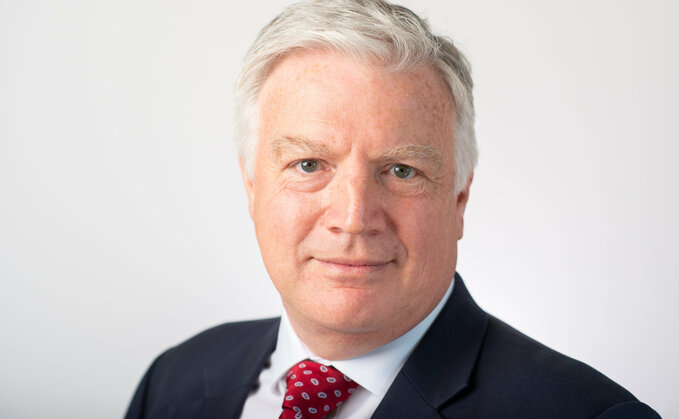
David Fairs: Conditions remain challenging for some schemes and employers
The Pensions Regulator (TPR) has published its 2022 annual funding statement – reminding trustees of defined benefit schemes that, in the current economic climate they should be alert to funding, investment and covenant positions potentially changing more quickly.
The annual funding statement, published this morning (27 April), said trustees will be approaching triennial valuations at a time of high inflation, high energy prices, higher interest rates and slower economic growth - all of which may impact the scheme's assets and liabilities, as well employer covenants.
It said it was unclear how the conflict in Ukraine and the sanctions imposed will affect UK schemes - adding a significant risk is the impact the conflict may have on the global economy.
TPR warned that schemes needed to be alert to changes in liquidity demands and cyber risks as a result of the conflict, adding that the longer-term impact on funding positions could be significant.
It said employer covenants could also be affected by the situation, with indirect impacts on an employer's customer base, supply chain or financing costs.
TPR warned that, for many businesses, these factors will be coming on top of the ongoing challenges of Covid-19 and Brexit.
The regulator also said the longer-term impact on future mortality trends as a result of Covid-19 continues to be a further area of uncertainty.
It said all these risks should be managed within an integrated risk framework and by having an open dialogue with employers when assessing a scheme's covenant.
TPR executive director of regulatory policy, analysis and advice David Fairs said: "Favourable investment conditions over the last three years mean that many schemes' funding levels are ahead of plan, but now is not the time for complacency.
"Conditions remain challenging for some schemes and employers and so we urge trustees to continue to focus on their long-term funding target and strategy."
Fairs added: "An actuarial valuation is an opportunity for trustees to review their funding plans and it may be a good time to seek future protections such as contingency plans and dividend-sharing mechanisms."
The funding statement also noted that, following a hiatus during the pandemic, TPR has seen an increase in employers returning cash to shareholders by restarting dividends, paying ‘special' dividends and share buybacks.
It said trustees should be alert to this and consider whether their scheme is being treated fairly compared to other stakeholders.
The regulator said that, where schemes are in deficit against their technical provisions, trustees should focus on recovering the deficit. Where employers are experiencing short-term affordability constraints, trustees should carefully consider any requests to accept a temporary reduction in deficit repair contributions.
TPR said it expects any such request to be short term, with higher contributions in subsequent years limiting any extension to recovery plan end dates - warning it would continue to view shareholder distributions as being inconsistent with the scheme receiving lower contributions.
Where schemes are in surplus on a technical provisions basis and have appropriate journey plans, TPR said trustees should ensure their liquidity needs are covered and focus on managing risks through contingency planning.








